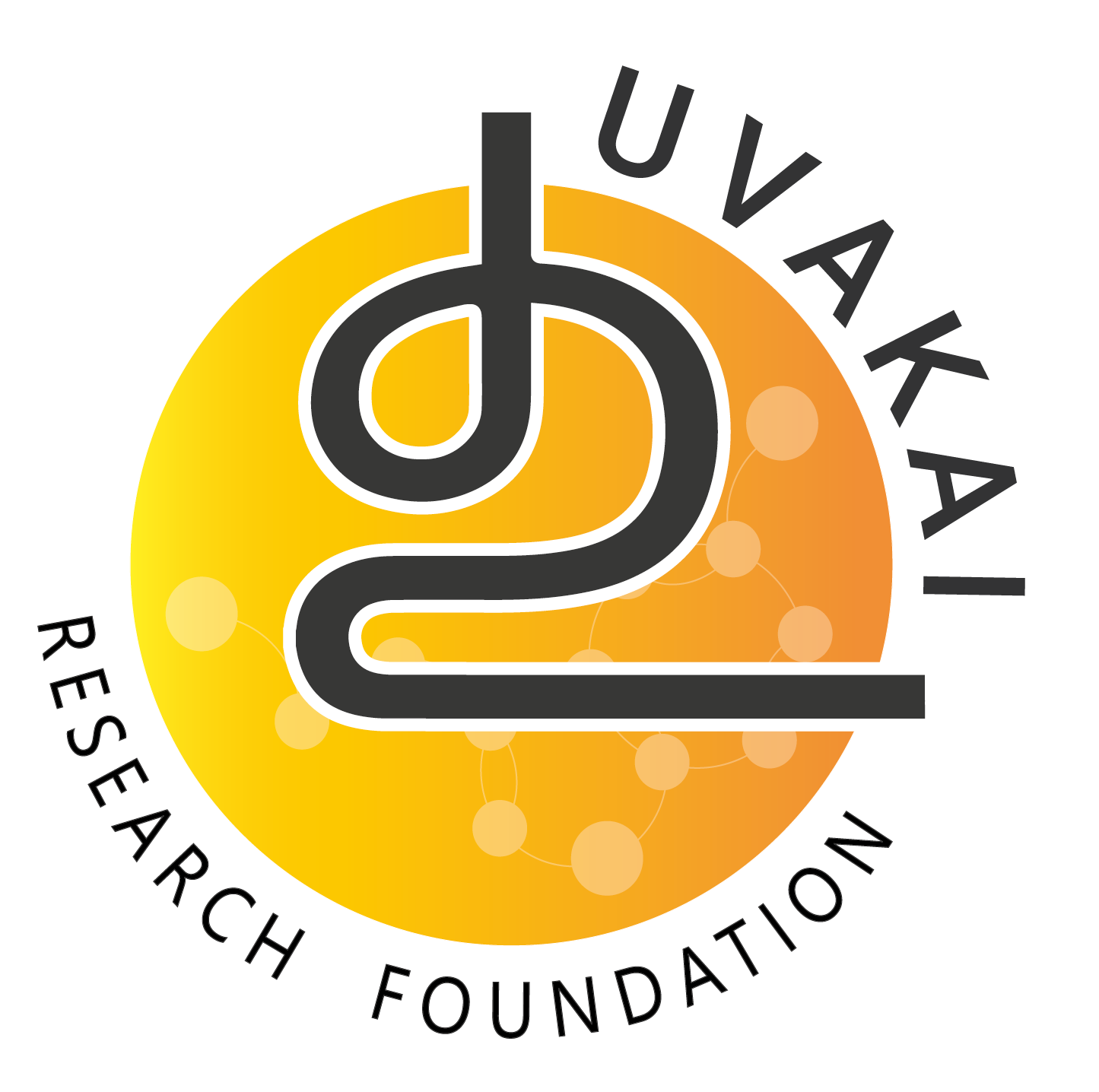In the recent 2024-2025 Union Budget speech, Finance Minister Mrs. Nirmala Sitharaman announced several amendments aimed at facilitating trade. One notable change was the exemption of Extra Neutral Alcohol (ENA) used in the manufacture of alcoholic beverages from central tax. Similar amendments are also proposed in the IGST and UTGST Acts. This decision has sparked significant concern given the well-documented health risks associated with alcohol consumption.Alcohol as a Group I CarcinogenThe International Agency for Research on Cancer (IARC) has classified alcohol as a Group I carcinogen. This classification means there is sufficient evidence to conclude that alcohol consumption is carcinogenic to humans. Alcohol consumption has been linked to various types of cancer, including cancers of the mouth, throat, esophagus, liver, breast, and colon.Rising Alcohol-Related Cancer Rates Globally, alcohol-related cancers are on the rise. Increased accessibility and affordability of alcohol are significant factors driving higher consumption rates, particularly among younger generations and women. These trends are concerning as they lead to substantial social, economic, and health impacts. The burden on healthcare systems due to alcohol-related diseases is immense, and the societal costs, including loss of productivity and premature deaths, are staggering.
Balancing Economic and Health Interests While the recent tax exemption on ENA aims to benefit industries by facilitating trade, it raises critical public health concerns. Although this exemption will not directly lower the cost of alcoholic beverages for consumers, it could lead to increased production and availability, potentially driving higher consumption rates. Policymakers need to consider the long-term implications of such tax exemptions and explore alternative measures that can support economic growth without compromising public health.Ensuring that economic policies do not undermine public health efforts is essential for sustainable development. It is crucial to balance economic interests with public health objectives to avoid long-term negative impacts on society.
#Uvakai_Official
Dr. Vidhubala, Director – Uvakai Research Foundation
